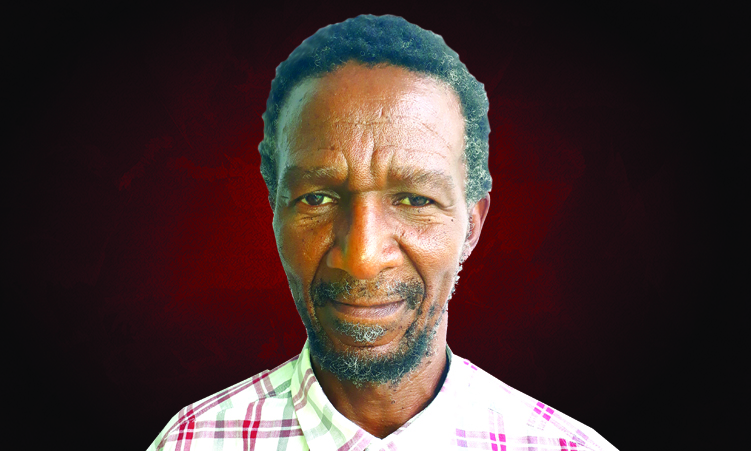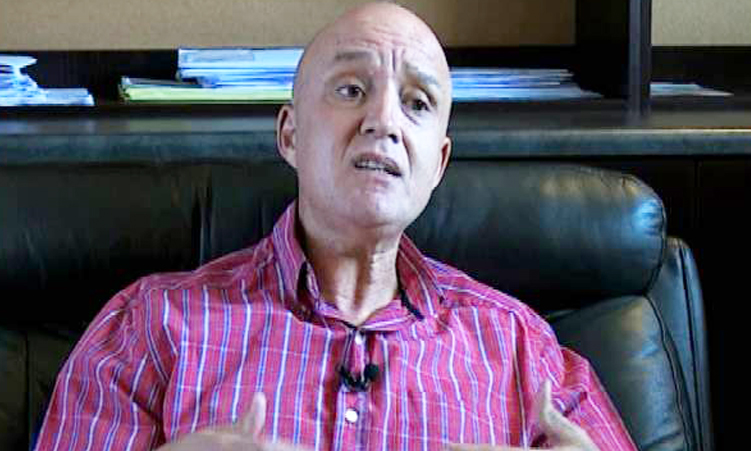The country’s largest telecommunications service provider, Mobile Telecommunications Company (MTC) announced it will collect facial recognition and fingerprint data during their subscriber identity module registration process.
This registration is supposedly compulsory for all, with unregistered SIM cards to be terminated by 1 January 2024.
MTC said it is to prevent fraud and cybercrime and that, in any case, many companies are already collecting biometric data.
It is also relevant to note that MTC is now listed on the Namibian Stock Exchange. So, what’s going on?
Tracking on smartphones is the most common form of monitoring.
However, surveillance represents a huge invasion of privacy as companies claim our private lives as their raw data – although we have not given permission for it.
Our private lives have become their business model.
Self-determination is destroyed by this market logic and there is simply no respect for individual autonomy.
Further, there is no legal framework in place in Namibia for a company such as MTC to ask for facial recognition data. It’s simply illegal.
Even worse, such surveillance could be used to target journalists, activists, lawyers and opposition politicians.

WHYS AND WHEREFORES
There are, of course, many reasons for mass surveillance.
Namibia, for instance, will hold a crucial national election next year.
Moreover, other explosive political issues include the demand for reparations from Germany, the vast amount of uranium owned by China, and the construction of a huge American embassy in Windhoek.
The case of advocate Fusi Sehapi in Lesotho, who claims state security agents illegally monitor his phone for taking on cases against the government, should serve as a warning to us.
In her best-selling book ‘The Age of Surveillance Capitalism’, a social psychologist at Harvard University, Shoshana Zuboff, notes that big tech companies such as Google and Facebook use predictive signals to foretell our behaviour for commercial and political reasons.
They employ facial recognition data to track and follow us constantly.
Big tech reasons that users should have no legitimate expectation of privacy on their platforms.
They constantly watch us and claim the information as their own.
We know nothing about the tech companies, but they understand everything about us.
Our ignorance is their bliss. And it represents total control.
Detailed profiles are constructed about each and everyone. And facial recognition analysis is crucial as it predicts emotions.
They know what we prefer – including our political choices – but also discern where we are all the time, where we visit, etc.
ECONOMICS
Most of the data is in the shadow operations of the tech companies.
This tracking is done through smartphones, smart computers, smart televisions, etc.
It includes text messages, browser history, tweets, and so on.
There is, for example, a hidden microphone in Google’s security system, and they can switch on the camera or voice recognition function on a smartphone without the owner realising it.
Such data is then sold to advertising companies and intelligence agencies in lucrative deals.
The economic logic of this information robbery must be regarded as autocratic. A prominent demonstration was Cambridge Analytica using such data for political campaigns.
In their manuscript, ‘Hegemony Now – How Big Tech and Wall Street won the World (and how we win it back)’, Jeremy Gilbert and Alex Williams insist that Zuboff is mistaken in thinking surveillance capitalism is a radical new form of capitalism.
The techno-financial elite enabled a quantitative increase in surveillance, but it is vital to differentiate between forms of monitoring, such as state surveillance of political activists compared to Facebook’s tracking of consumer preferences.
Google, for example, stores all collected information for at least two years in case it is needed by intelligence agencies.
OUR RIGHTS
The rise of extensive surveillance is really part of the managerial state produced by neoliberal capitalism.
The solution therefore is to democratise the information revolution. Nonetheless, the digital revolution has not raised productivity, and is not as important as the train, car, or aeroplane revolutions.
In the final analysis, we must stop surveillance capitalism in Namibia. The digital world has been hijacked.
Namibians urgently require checks and balances. Citizens have the right to privacy and dignity.
- The authors are members of the Marxist Group of Namibia.
Stay informed with The Namibian – your source for credible journalism. Get in-depth reporting and opinions for
only N$85 a month. Invest in journalism, invest in democracy –
Subscribe Now!








